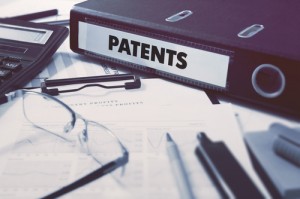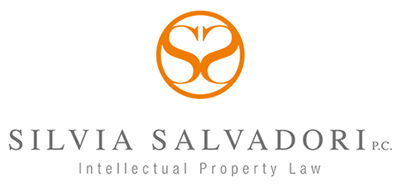Right to Import Reuse & Resale
 {2:25 minutes to read} The new case Lexmark v. Impression addresses the right to import, reuse, and resell patented articles. Specifically, this case reaffirmed that:
{2:25 minutes to read} The new case Lexmark v. Impression addresses the right to import, reuse, and resell patented articles. Specifically, this case reaffirmed that:
- A seller can use its patent rights to block both resale and reuse of a product.
- Authorized sales of a product abroad does not exhaust the US patent rights associated with that product.
This Federal Circuit case involves Lexmark International Inc.’s allegation that a cartridge reseller infringed its patents. More broadly, the case addressed the separate question of whether patent owners can impose restrictions on the use or sale of patented items after they are sold in order to keep the sale from exhausting their patent rights.
The Federal Circuit decided not to touch a previous holding stating that “when a patentee sells a patented article subject to sales restrictions, that are lawful and clearly communicated to the purchaser, the sale does not give the buyer resale rights that were expressly denied.”
Now, the court reviewed the question of whether authorized, compared to unauthorized, sales exhaust patent rights. And it concluded that it does not.
The defendant did not dispute infringement, but argued the plaintiff’s rights were exhausted under two theories:
- The defendant argued that since some of the plaintiff’s cartridges were sold outside the US, those foreign sales exhausted the company’s patent rights. To this the federal court disagreed.
- The defendant also argued that the plaintiff ran a discount program, where some cartridges were sold at a lower price if the buyer agreed to use them only once and then return them—or at a higher price with no such restrictions.
However, while the District Court found that the sales of the lower-priced cartridges exhausted the plaintiff’s rights because post-sale restrictions cannot preserve them, the Federal Circuit disagreed and remanded the case, with instructions to enter judgment of infringement for the plaintiff.
Judge Timothy Dyk wrote a dissenting opinion, stating that while mere foreign sales should not exhaust US patent rights in all circumstances, they should result in exhaustion if the seller does not explicitly reserve its US patents rights.
The consequence is that, if there is a restriction, it is now considered binding on subsequent owners who have no contractual agreement or relationship with the patentee.
Contact me with questions or comments at silvia@salvadorilaw.com.
Silvia Salvadori, PhD
www.salvadorilaw.com
www.salvadorilaw.com/blog
silvia@salvadorilaw.com
(212) 897-1938

